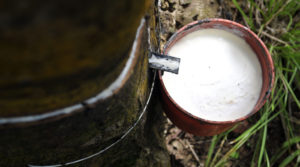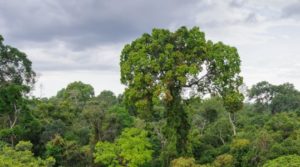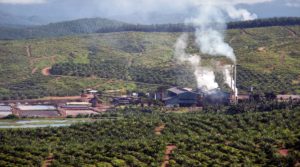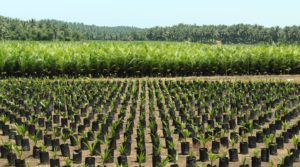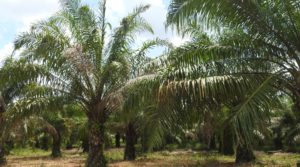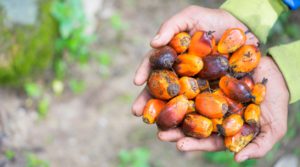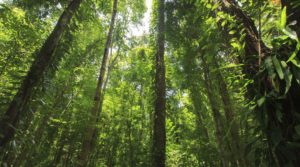News
Featured updates:
New Guide Supports Relationship Managers on EUDR and Deforestation Risk
Access the guide Why deforestation and biodiversity loss matter for the finance sector Deforestation accounts for nearly 30% of global greenhouse gas emissions and driving catastrophic biodiversity loss – trends that carry significant financial implications. Through their lending and investment…
The Future of SPOTT Assessments: Reflecting, Refining and Strengthening Our Impact
Sustainability is essential to long-term business success. Despite this, it is often ignored. Financial institutions on average provide £8.3 billion of financing to companies linked to deforestation – leaving markets, buyers and financers exposed to serious risks. ZSL is working…
Latest news:
15 natural rubber producers selected for inaugural SPOTT assessments
The rapid expansion of rubber monocultures in recent decades has resulted in similar environmental and social impacts – such as deforestation and land grabbing – to those caused by other plantation-based commodities, but has received far less attention than other…
Forestry Transparency Forums tackle illegal tropical timber production and trade
Illegal logging is a major driver of tropical forest degradation, leading to biodiversity loss. Strengthening the legality of tropical timber production and trade is key to increasing the sustainability of timber production. The European Union’s FLEGT – Forest Law Enforcement,…
SPOTT to assess 100 palm oil companies in 2019
Increasing demand for palm oil and expansion of the sector in frontier areas, including in Central and South America, Central and West Africa, and Papua New Guinea, is continuing to fuel deforestation in some of the most biodiverse regions on…
Committed to sustainable palm oil?
The Roundtable on Sustainable Palm Oil (RSPO) unites thousands of stakeholders from across the palm oil industry to develop and implement global standards for sustainable palm oil. Ordinary and Affiliate members are required to submit an Annual Communication of…
ZSL strengthens its commitment to supporting sustainable palm oil
Palm oil is an ingredient found in many food and non-food products. It’s versatility and efficiency over other vegetable oils has helped fuel demand for palm oil, with global demand expected to double by 2050. The rapid growth of the…
ZSL publishes 2018 SPOTT Annual Report
2018 has been an eventful and productive year for SPOTT, as we expanded our scope, strengthened our links with the finance sector, and embarked upon a program of work with a geographical focus on the Congo Basin…
50 new timber and pulp companies selected for assessment in 2019
Illegal logging and trade in illegal timber deprive local communities of income and are major drivers of biodiversity loss. Strengthening forest governance and ensuring traded timber meets legal requirements are key to developing a sustainable global timber industry. One of…
Smallholders: key to building sustainable palm oil supply chains
Approximately 40% of the world’s palm oil is produced by smallholder farmers, making them essential parts of global palm oil supply chains. To help make sustainable palm oil the norm, it is crucial that smallholders are incorporated…
Transparency tools in commodity supply chains: how do they compare?
From consumers concerned about sustainable ingredients and ethical banking, to financiers screening investment portfolios against a range of environmental, social and governance (ESG) issues, there is growing interest in responsible commodity production. With transparency a crucial component…
The French National Strategy to Fight Imported Deforestation: a few takeaways from the final document
Overview The French National Strategy to Fight Imported Deforestation (stratégie nationale de lutte contre la déforestation importée: SNDI) seeks to combat imported deforestation by 2030, which it defines as ‘the importation of raw or processed…

